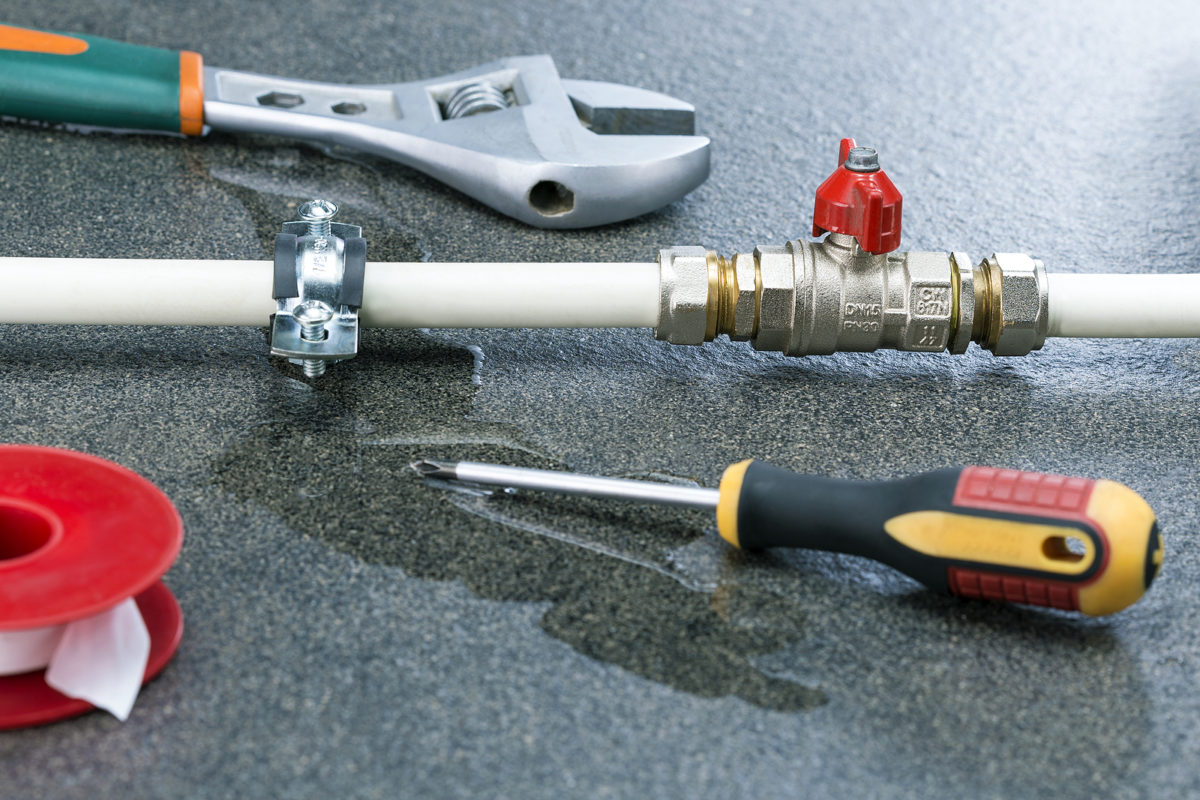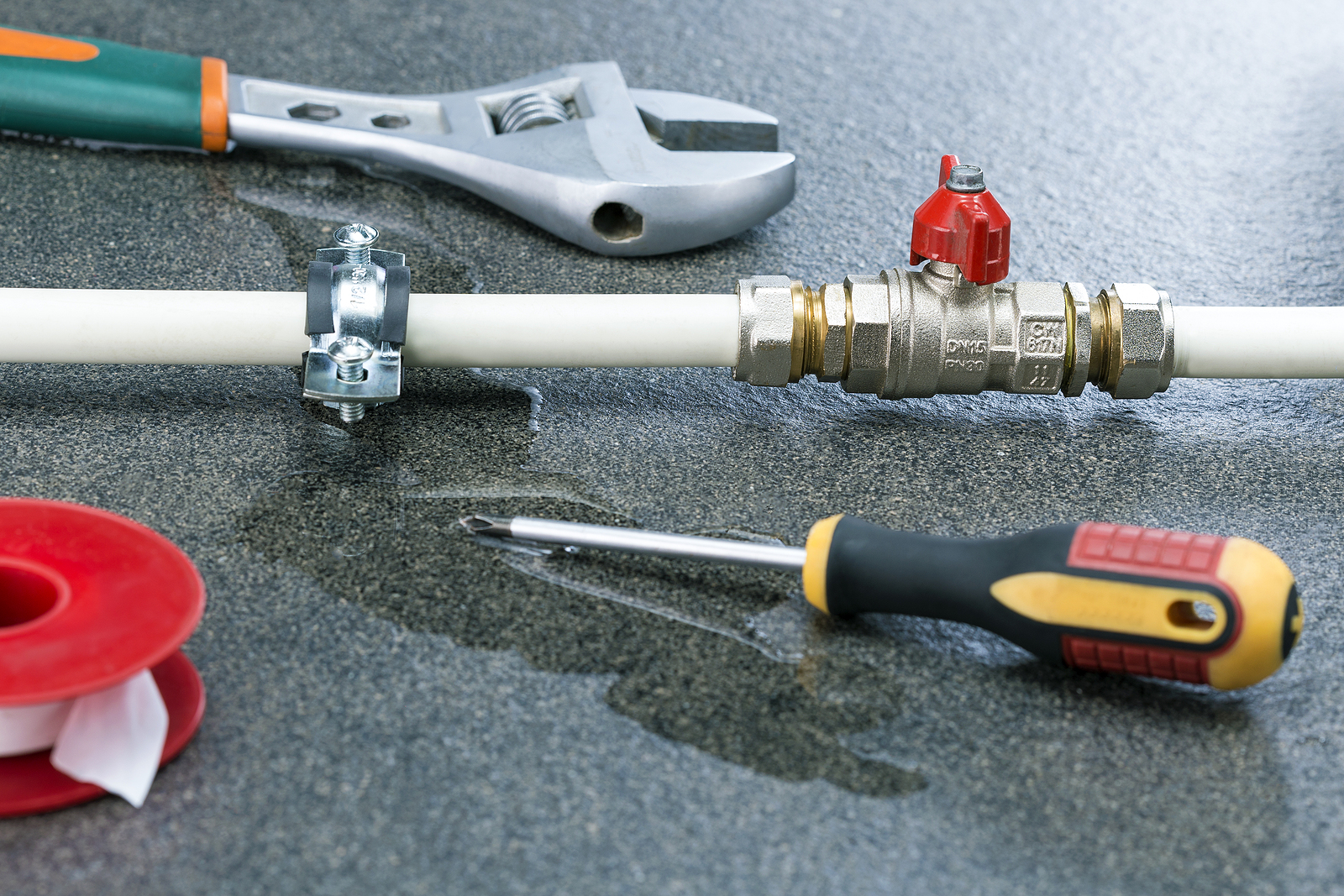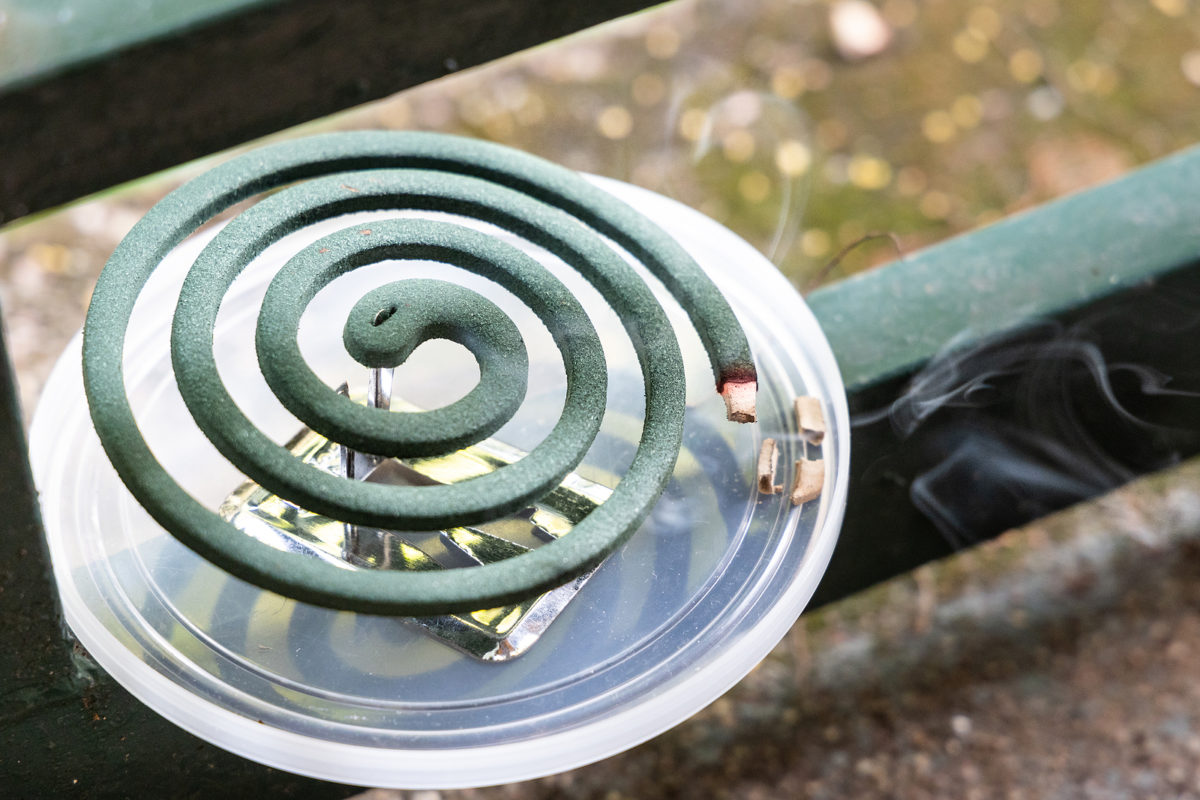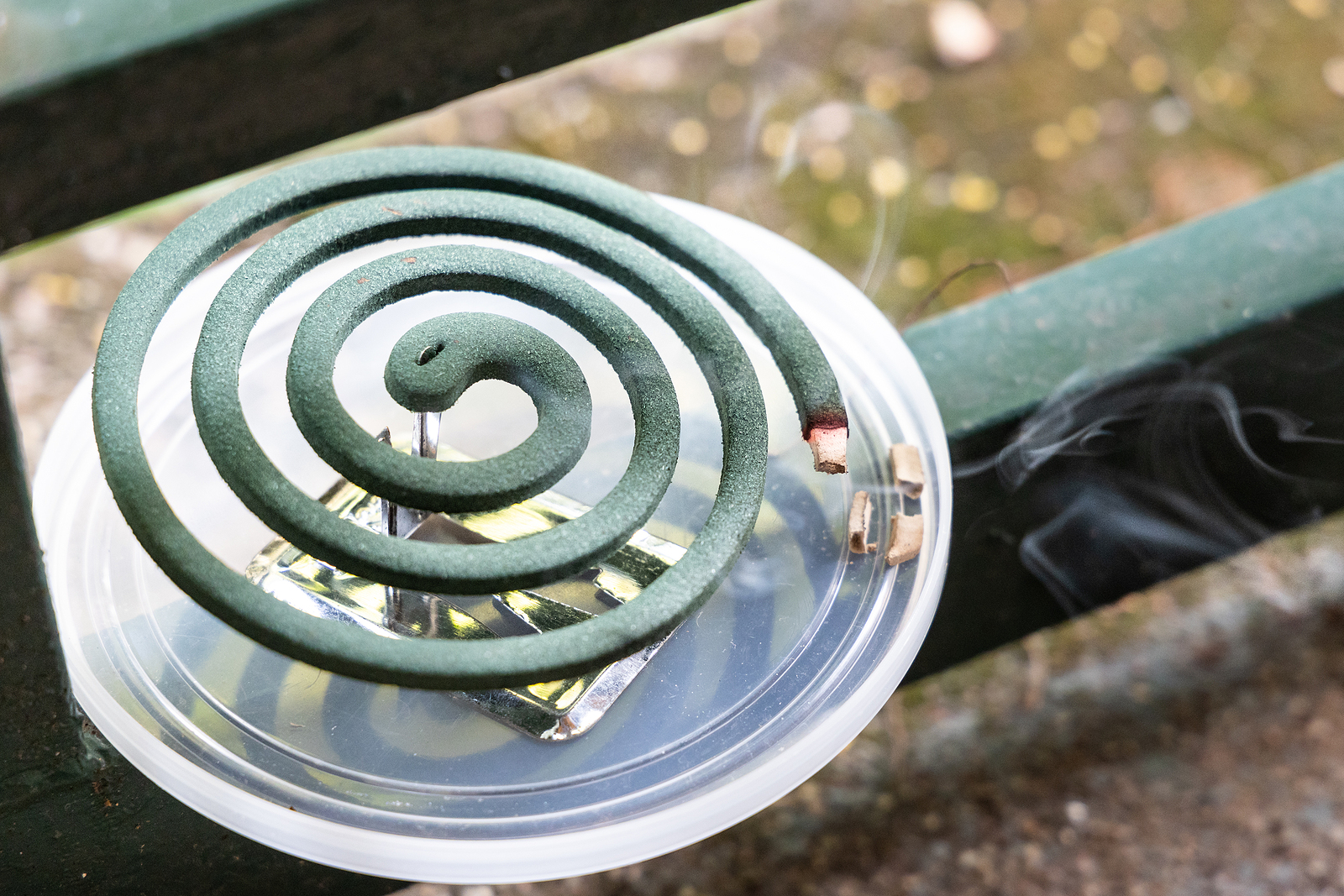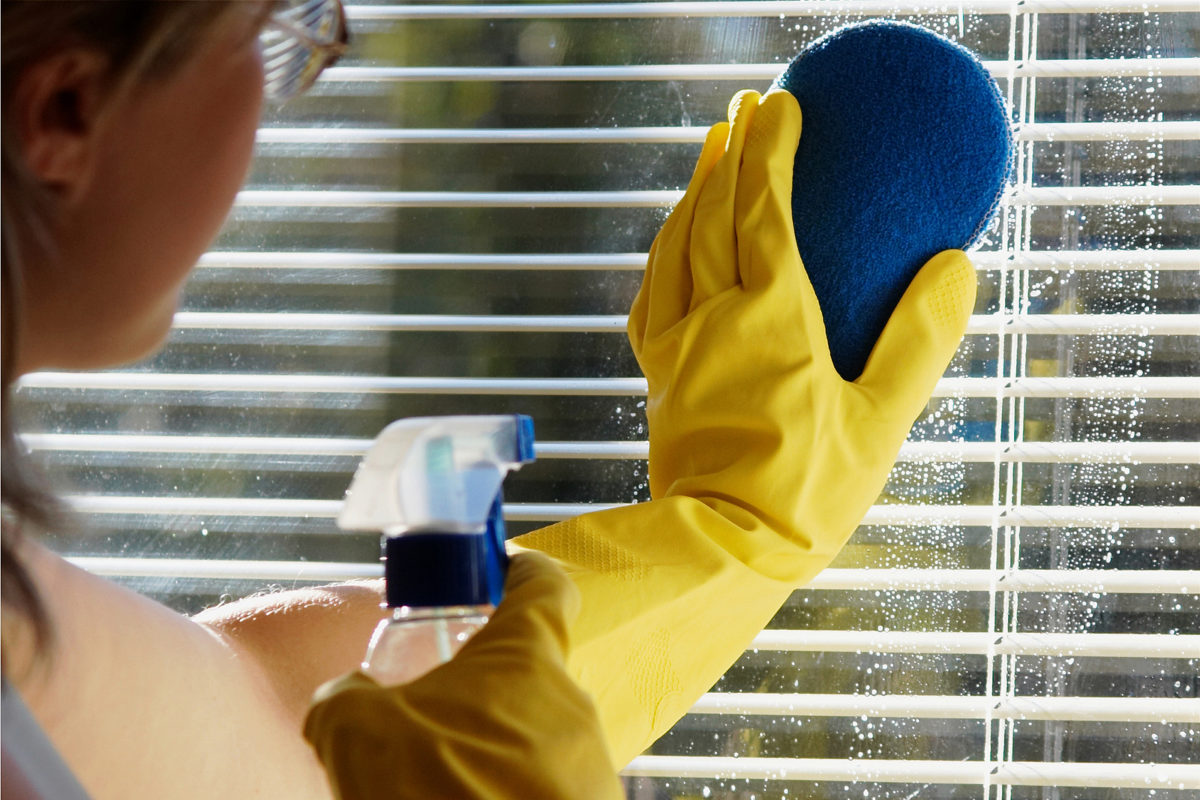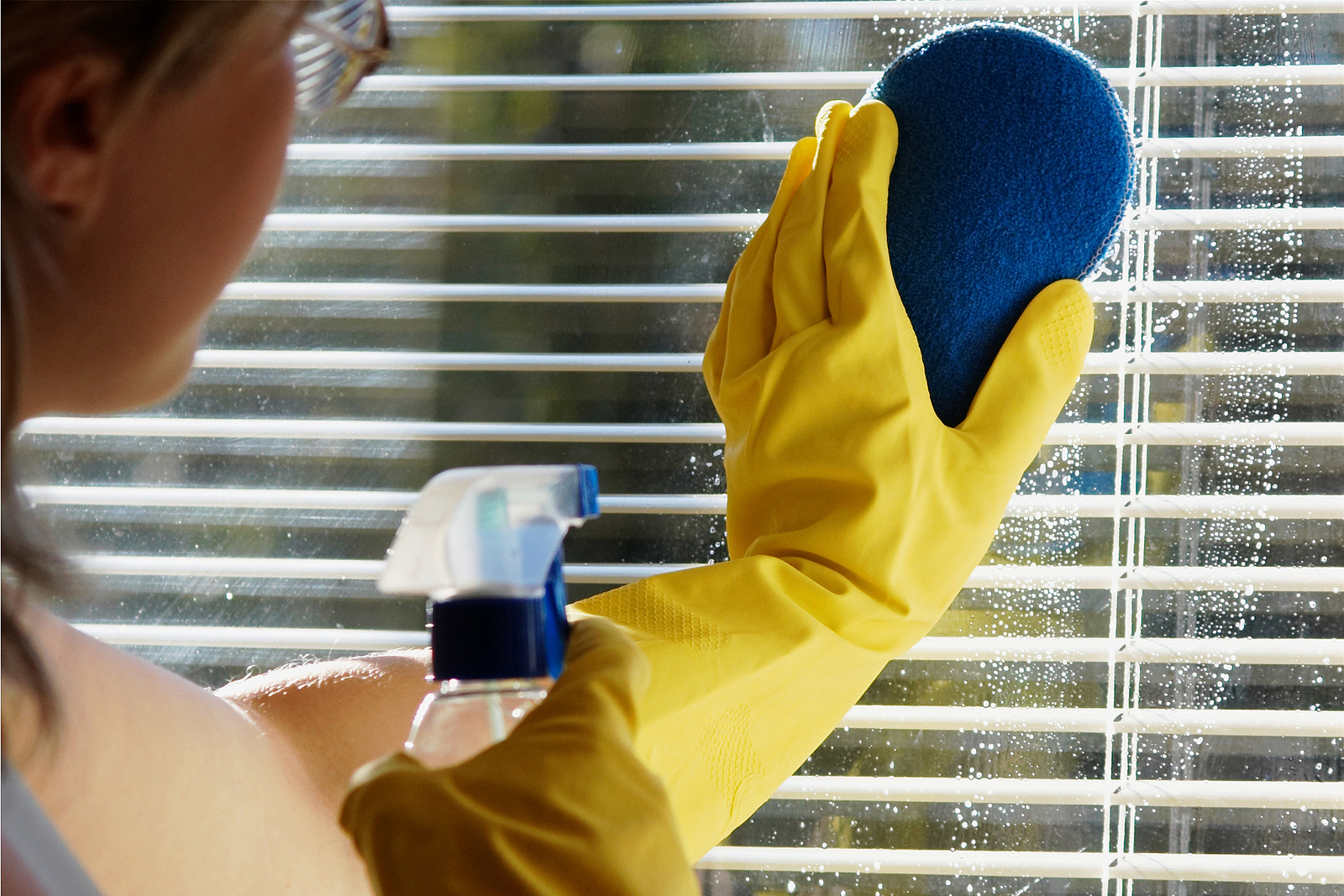If you think this is going to be yet another blog post from a real estate agent telling you how dim-witted you are for trying to sell your home by yourself, think again.
There are some common mistakes that most FSBOs make and some assumptions that they shouldn’t. Both will cost them money in the end.
If you work with an agent will you sell your home for more? Maybe not, according to a Stanford University Economics Department study. Yet a National Association of REALTORS study says otherwise.
Will it sell faster? Yes, studies show that one of the benefits of using an agent is that homes sell demonstrably faster than when you don’t work with an agent.
So, there are huge benefits to listing your home with a real estate agent. But I get that most FSBO sellers are trying to save money and who am I to poo-poo that idea?
So, if you insist on going it alone, at least be aware of some of the mistakes commonly made by homeowners in your position.
Incorrect Pricing
Incorrect pricing is the number one problem I see among FSBO sellers. I have seen some crazy prices out there and can’t help but wonder where the homeowners came up with them.
Market value is determined by what willing buyers will pay for a home during any particular time period. The only way to know what they’re willing to pay is to look at what other buyers have, indeed paid, and that means looking at the sales prices of homes in your area.
It’s not just the prices, however. You’ll need to be brutally honest with yourself when comparing your home to those that have sold.
Is yours smaller, older, in worse condition or in a less desirable area? If so, it’s worth less than the homes you’re using as comps. The opposite is true as well. If your home is in better condition, is newer, larger or offers amenities the others lack, it’s worth more.
How much more? I wish I could tell you. Pricing homes takes much research and there’s no set dollar amount for any of the criteria when comparing homes.
Incorrect pricing is the most expensive mistake a FSBO can make. Unfortunately, we see it often.
Lack of Curb Appeal
If you’ve watched any of the DIY TV shows about curb appeal you may be under the misconception that you’ll need a team of landscapers, landscape architects and truckloads of landscaping plants to give your house an appealing aspect from the curb.
Nothing could be further from the truth. While you’ll need to do some spiffing up, depending on the condition of the house and landscaping, there’s no need to do a complete makeover.
Understand that while we’ve been told not to judge a book by its cover since we were knee-high, we still do. Houses are no different.
Real estate agents across the country can attest to driving up to a home with a prospective buyer in the car and then immediately driving away. The buyer simply refused to get out of the car, based solely on what the house looked like from the curb.
Since you can’t sell your house unless buyers look at it, you can imagine the importance of curb appeal.
Painting the exterior of the house is probably one of the best ways to increase its curb appeal and sellers typically see a hefty return on the investment when they sell the house. At the very least, clean out the planting beds, spread fresh mulch around and green up the lawn.
Lack of Interior Appeal
Studies show that homebuyers want a home that appears move-in ready. If the interior of the house is dirty, it’s not move-in ready. Not only that, a dirty house makes buyers wonder what other maintenance you’ve let slide and offers to purchase will be low.
Clean the house until it sparkles, get rid of offensive odors and let in all the natural light you can.
Pay special attention to kitchens and bathrooms while cleaning. Leave the counters bare of any item that isn’t decorative in nature and ensure that the rooms are impeccably clean.
Marketing
Where will you market your home? While newspapers are still accepting real estate classified ads, homebuyers typically don’t read them. It’s all about the Internet these days, and finding the best places to market your home is critical.
Even more important than where you market the home is how. Buyers want to see photos, and lots of them.
Photos should be clear and show your home in the best possible light. Include as many photos as possible and don’t forget to include photos of the kitchen, bathrooms, backyard and front of the home.
While selling the home on your own isn’t rocket science, it’s not something you do every day, so arm yourself with as much knowledge as possible. We’re happy to offer advice.


